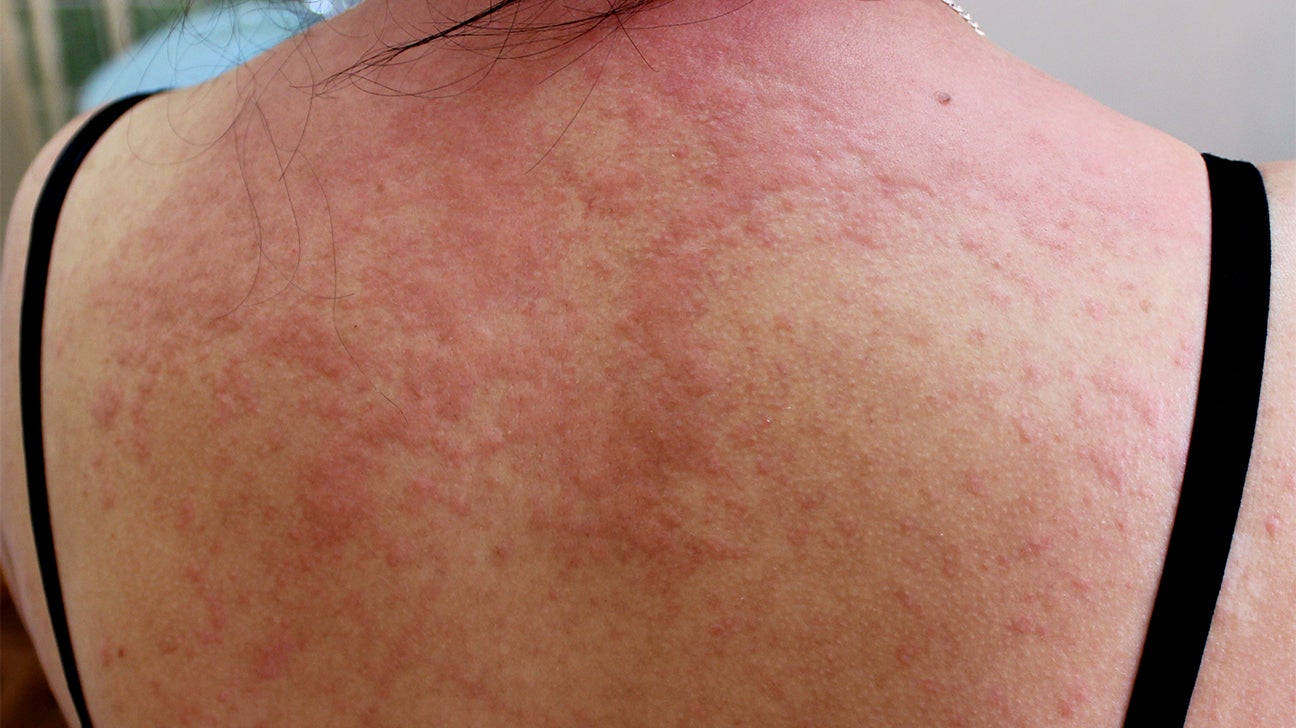

Understanding Severe Itching at Night
Severe itching at night can be a frustrating and disruptive experience, affecting both your sleep and overall well-being. This phenomenon, known as nocturnal pruritus, can occur for a variety of reasons and may be accompanied by other symptoms such as redness, swelling, or a rash. Understanding the causes of severe itching at night is the first step towards finding relief and improving your quality of life.
Common Causes of Nocturnal Pruritus
There are several potential causes of severe itching at night, ranging from environmental factors to underlying health conditions. Common culprits include dry skin, allergies, insect bites, skin conditions such as eczema or psoriasis, and certain medications. Additionally, conditions such as kidney disease, liver disease, or hormonal imbalances can also contribute to nocturnal itching.
Dry Skin
Dry skin, or xerosis, is one of the most common causes of itching, especially at night. When the skin becomes dry and dehydrated, it can become itchy and irritated, particularly in areas with less moisture such as the arms, legs, and torso. Using moisturizing creams or lotions can help alleviate dry skin and reduce itching.
Allergies
Allergies to pet dander, dust mites, pollen, or certain foods can trigger itching, especially at night when allergen exposure may be higher. Taking steps to reduce allergen exposure, such as using allergen-proof bedding or air purifiers, can help minimize symptoms. Antihistamines or other allergy medications may also provide relief.
Insect Bites
Insect bites from mosquitoes, bed bugs, or fleas can cause intense itching, particularly at night when you’re trying to sleep. Treating the affected area with over-the-counter anti-itch creams or taking oral antihistamines can help reduce itching and inflammation. It’s also important to identify and eliminate any sources of insect infestation in your home.
Skin Conditions
Skin conditions such as eczema, psoriasis, or dermatitis can cause chronic itching, which may worsen at night due to increased blood flow to the skin. Managing these conditions with medicated creams or ointments prescribed by a dermatologist can help alleviate symptoms and improve comfort. Avoiding harsh soaps or detergents and maintaining good skincare habits can also help prevent flare-ups.
Medications
Certain medications, such as opioids, antifungals, or antibiotics, can cause itching as a side effect. If you suspect that a medication may be contributing to your nocturnal itching, consult your healthcare provider for guidance. They may adjust your dosage or prescribe alternative medications to alleviate symptoms.
Underlying Health Conditions
In some cases, severe itching at night may be a symptom of an underlying health condition such as kidney disease, liver disease, or hormonal imbalances. If you’re experiencing persistent or unexplained itching, it’s important to consult your healthcare provider for a thorough evaluation and appropriate treatment.
Seeking Relief from Nocturnal Itching
If you’re struggling with severe itching at night, there are steps you can take to find relief and improve your sleep quality. Keeping your skin moisturized, avoiding allergens, and practicing good sleep hygiene can all help reduce itching and promote restful sleep. If home remedies aren’t effective, don’t hesitate to seek medical advice for further evaluation and treatment options.
Conclusion
Severe itching at night can be a challenging and disruptive symptom, but with proper understanding and management, relief is possible. By identifying the underlying cause of your itching and taking steps to address it, you can improve your comfort and quality of life. If you’re struggling with severe itching at night, don’t hesitate to reach out to your healthcare provider for guidance and support.









